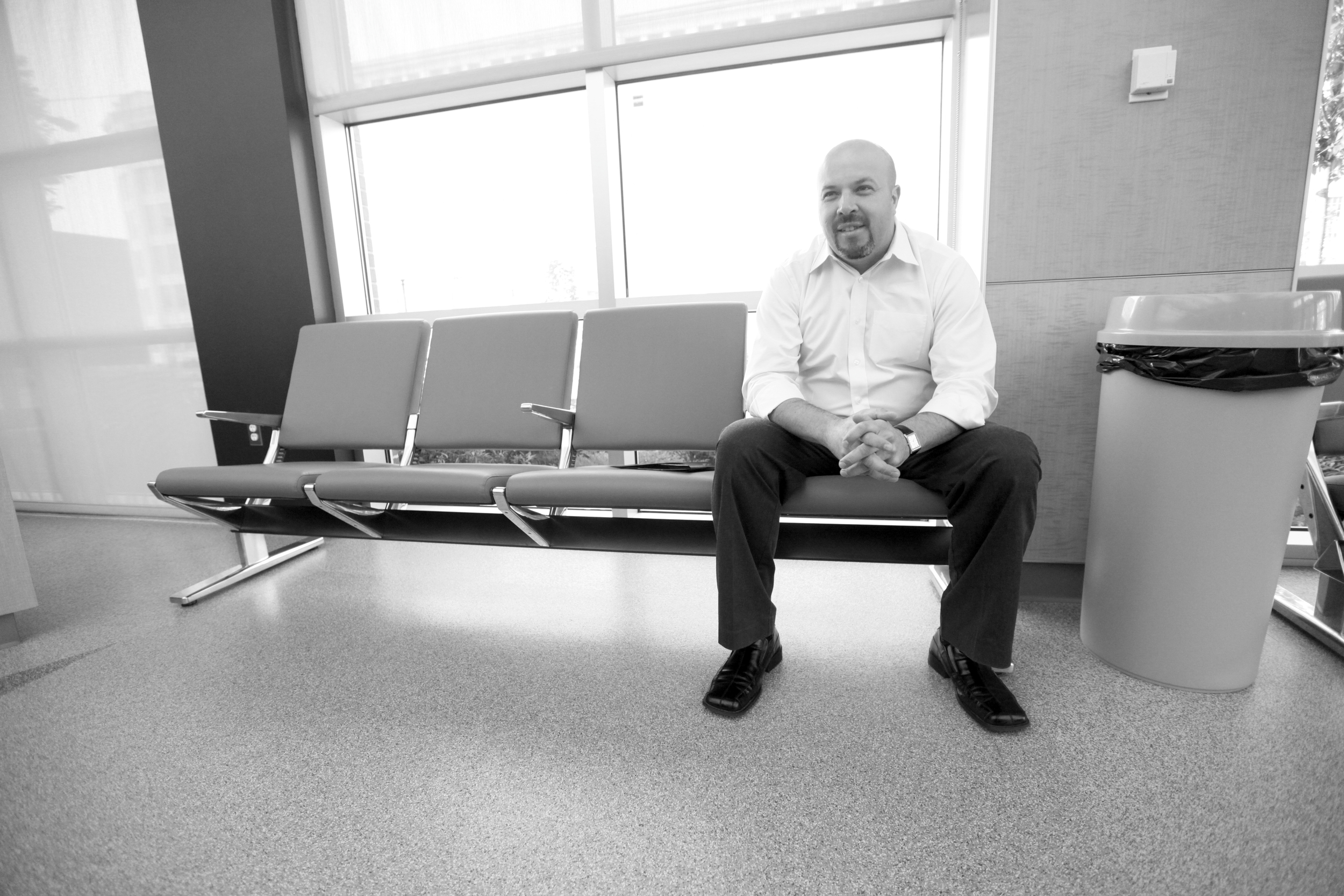
Jose Rodriguez came to the United States ten years ago. Leaving his family, his friends, and his home in Argentina, Jose sold everything he owned for two thousand dollars and came to Miami on a travel visa.

Shortly thereafter, he moved to central Massachusetts to pursue a career as a chef, and live with his brother. He now lives with his brother and his family, hoping one day to open his own restaurant.
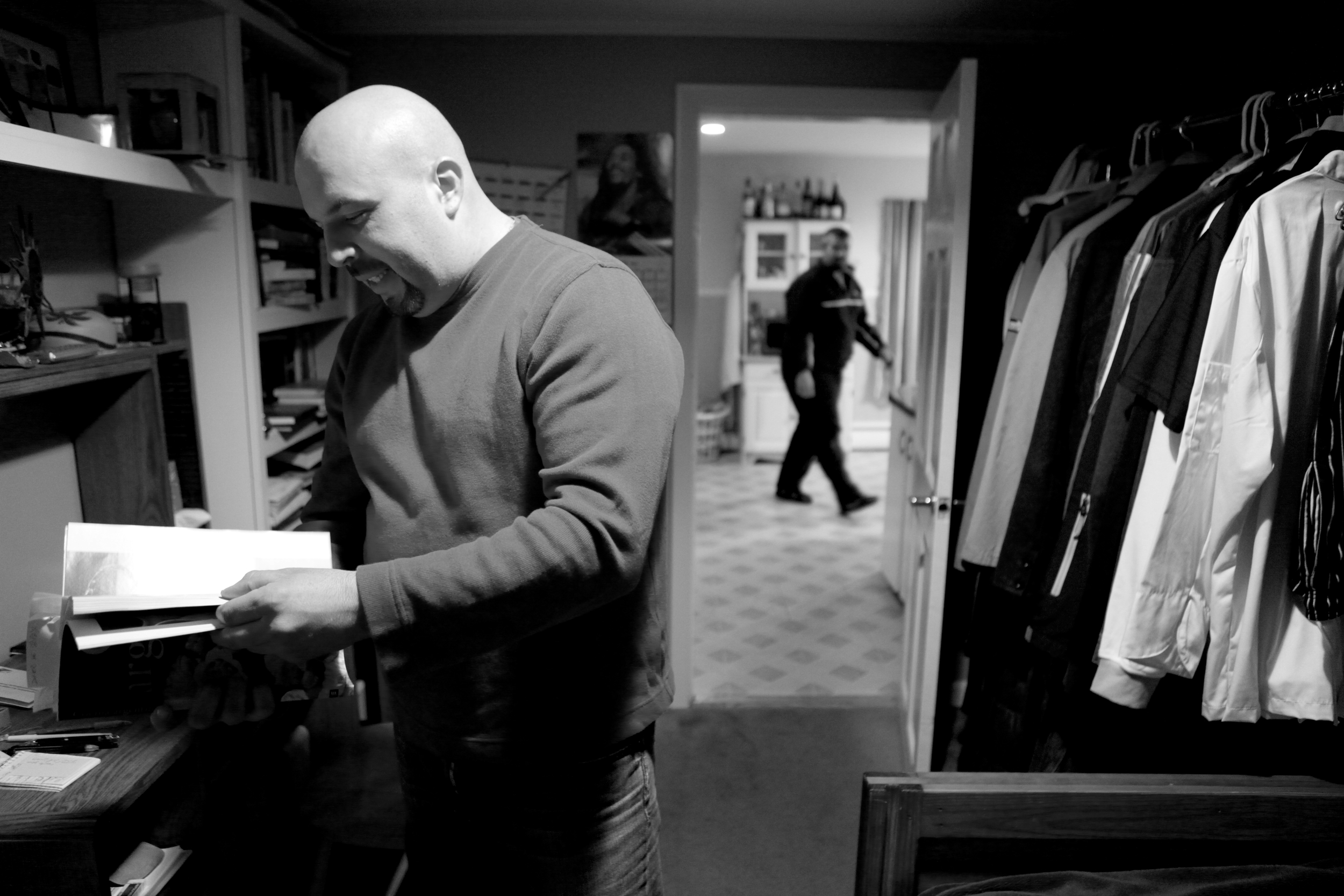
In hopes go gaining more opportunities and a better life for himself, Jose recently chose to become an American citizen through a process known as naturalization.
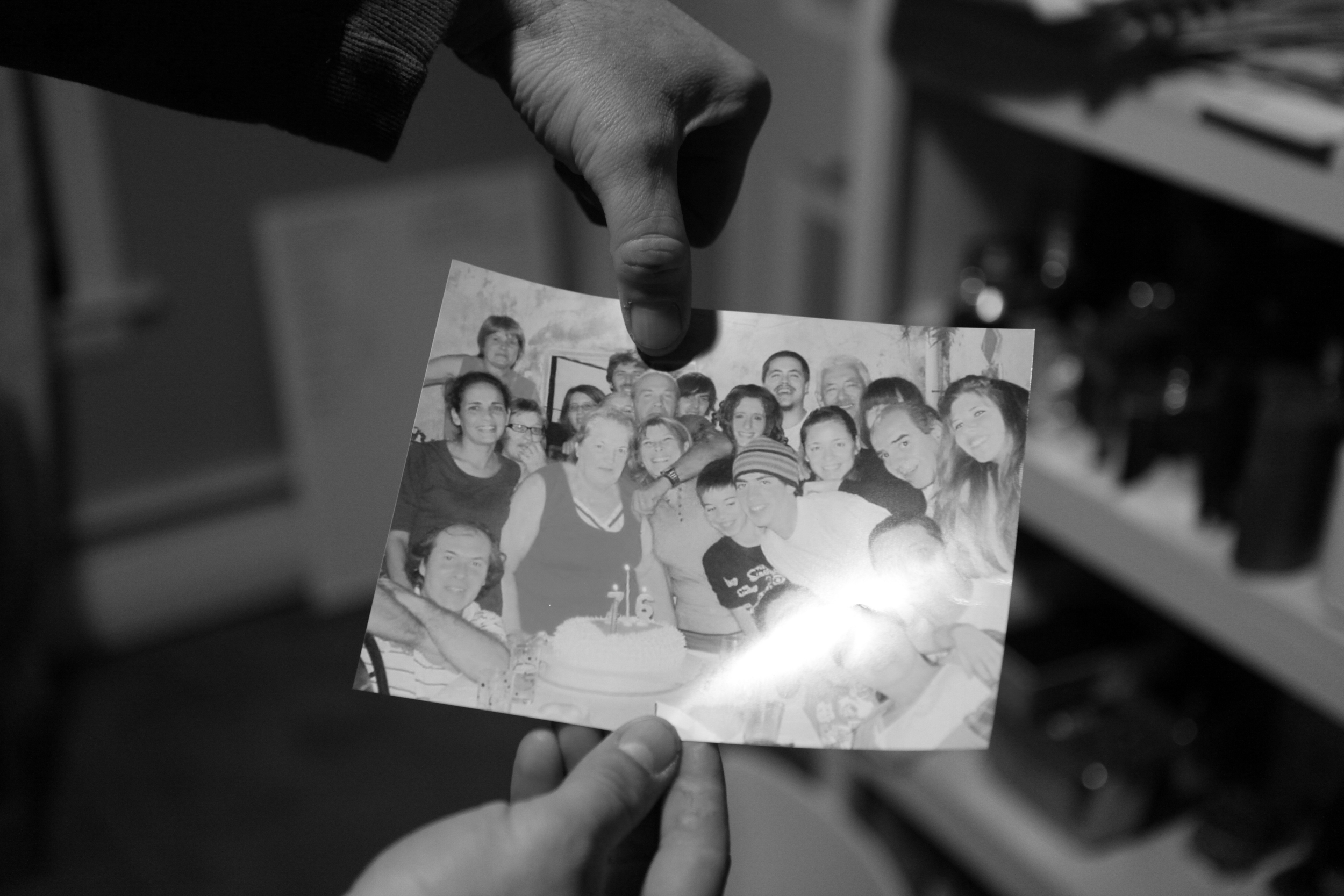
"When you left your country, you lost your family, you lost your friends, your customs…If you come into a different country and start another life-for me it's very important to go to the top."
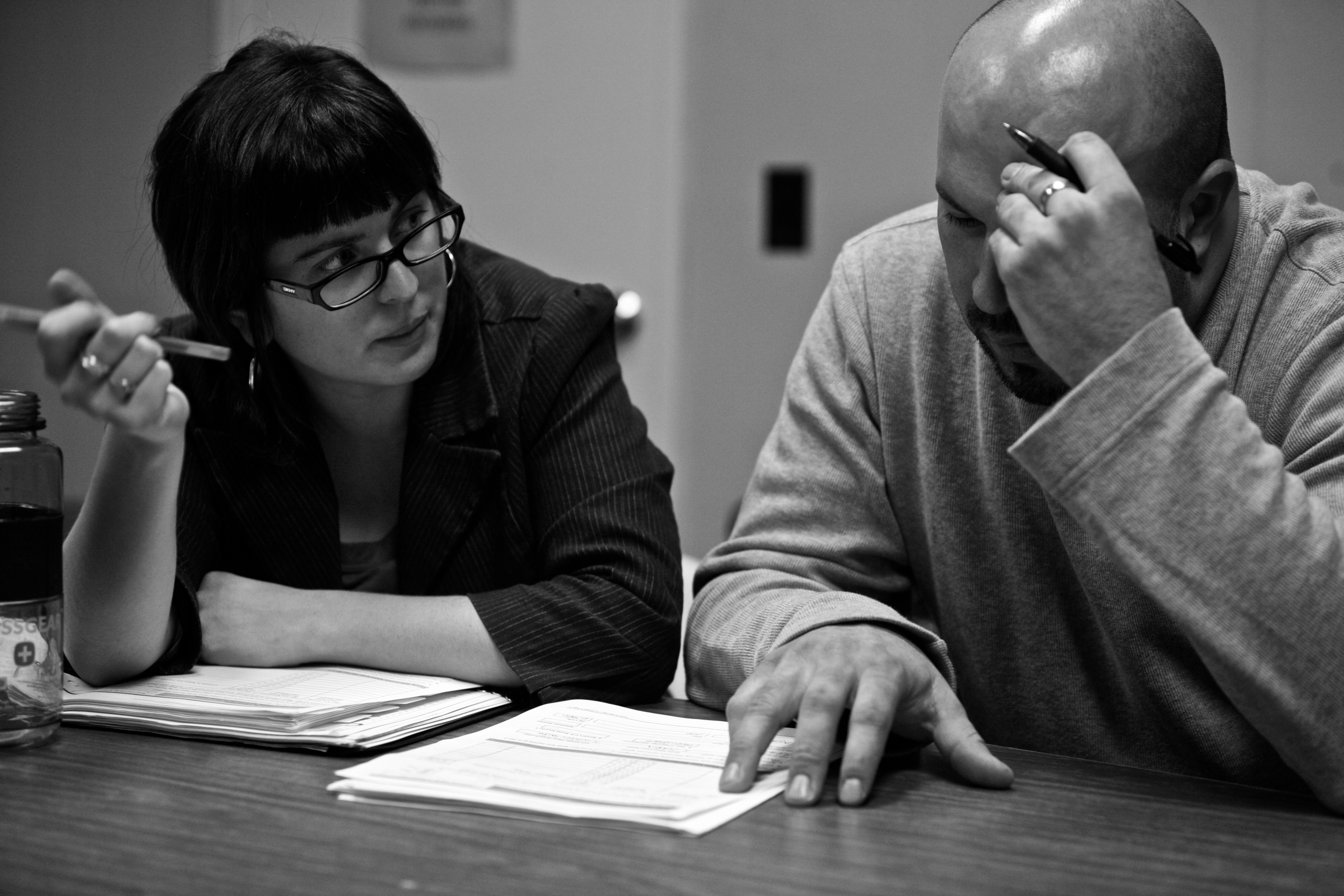
Working with an instructor, Jose reviews information that will be covered on the test, as well as improving his writing and grammar skills. Meeting frequently for several months, the class is designed to assist individuals looking to become a citizen.



In addition, Jose enrolls in an English class at a local community college to help develop his reading, writing, and speaking skills.

"I am excited about all this. It's something new for me. In that way I can represent a lot of people who don't have the same opportunity as me."

"The first thing I liked, is you can live in here secure. You can trust in the police and the government, because in my country that kind of stuff is not working." "I am excited about all this. It's something new for me. In that way I can represent a lot of people who don't have the same opportunity as me."

"After you live in here, you see the difference. The only thing I miss about my country is my family and friends. After that I don't miss anything. When you feel free to do anything, I think that is very important for a person-that you have the freedom of speech.

"After you live in here, you see the difference. The only thing I miss about my country is my family and friends. After that I don't miss anything. When you feel free to do anything, I think that is very important for a person-that you have the freedom of speech.
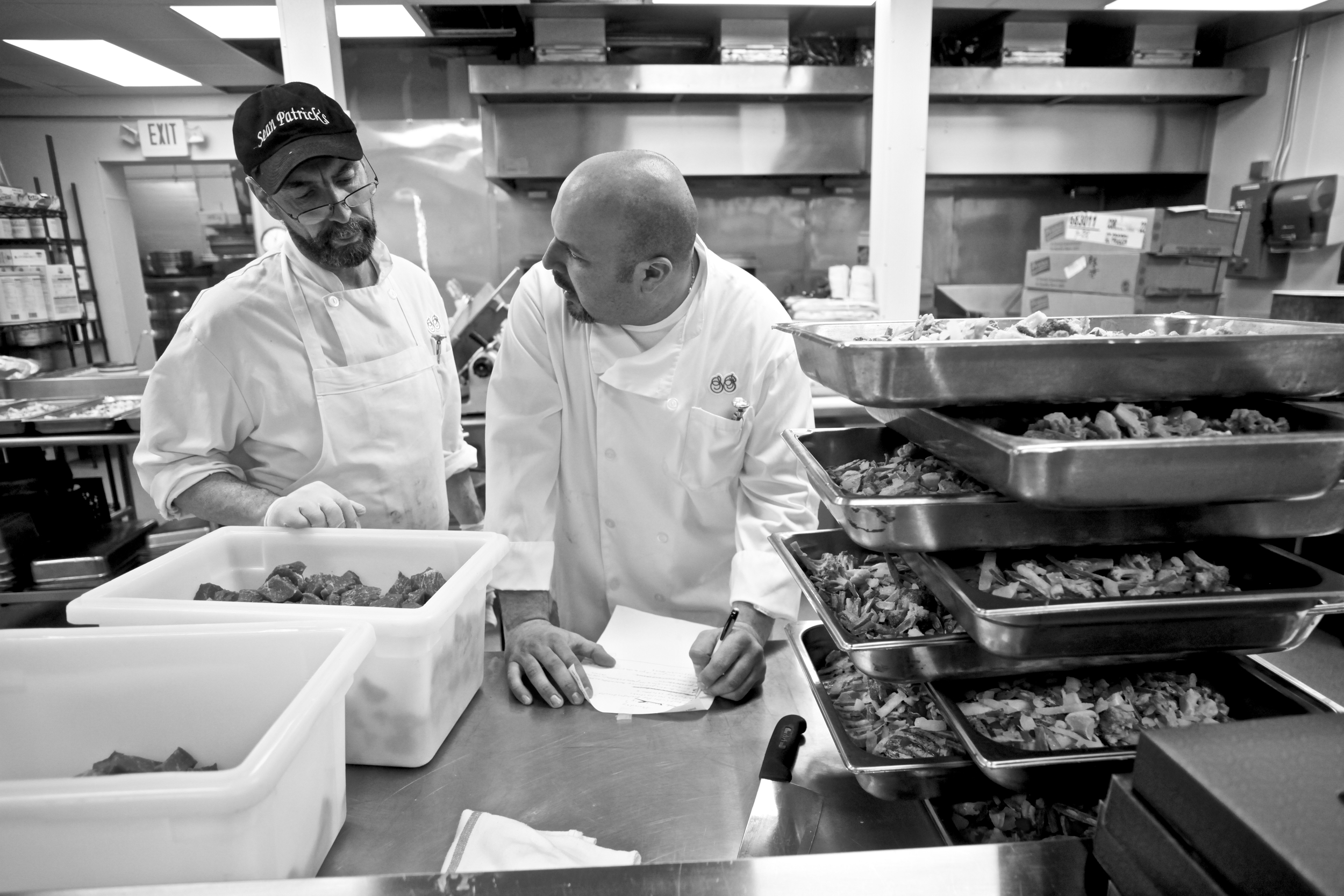
"At the restaurant where I work, we have empanadas, an item from Argentina. Every time I make that, I remember when my mother taught me how to stuff the dough. Everyday I do that, I remember the moments we had together. I think that's one of the most important items I cook and I do it with a lot memories."

"My boss started hiring people…he hired all Americans, and he hired this guy, he didn't talk to us. One day I asked him "Why?" " Because you are not from here," he said. " You don't speak the language-I don't want to talk to you." "In that moment, I felt l bad because I didn't do anything wrong. I think there are different reasons for why people react. Some people are open minded and they don't care. Some people no. I think every today has to understand that -that everybody was an immigrant. "
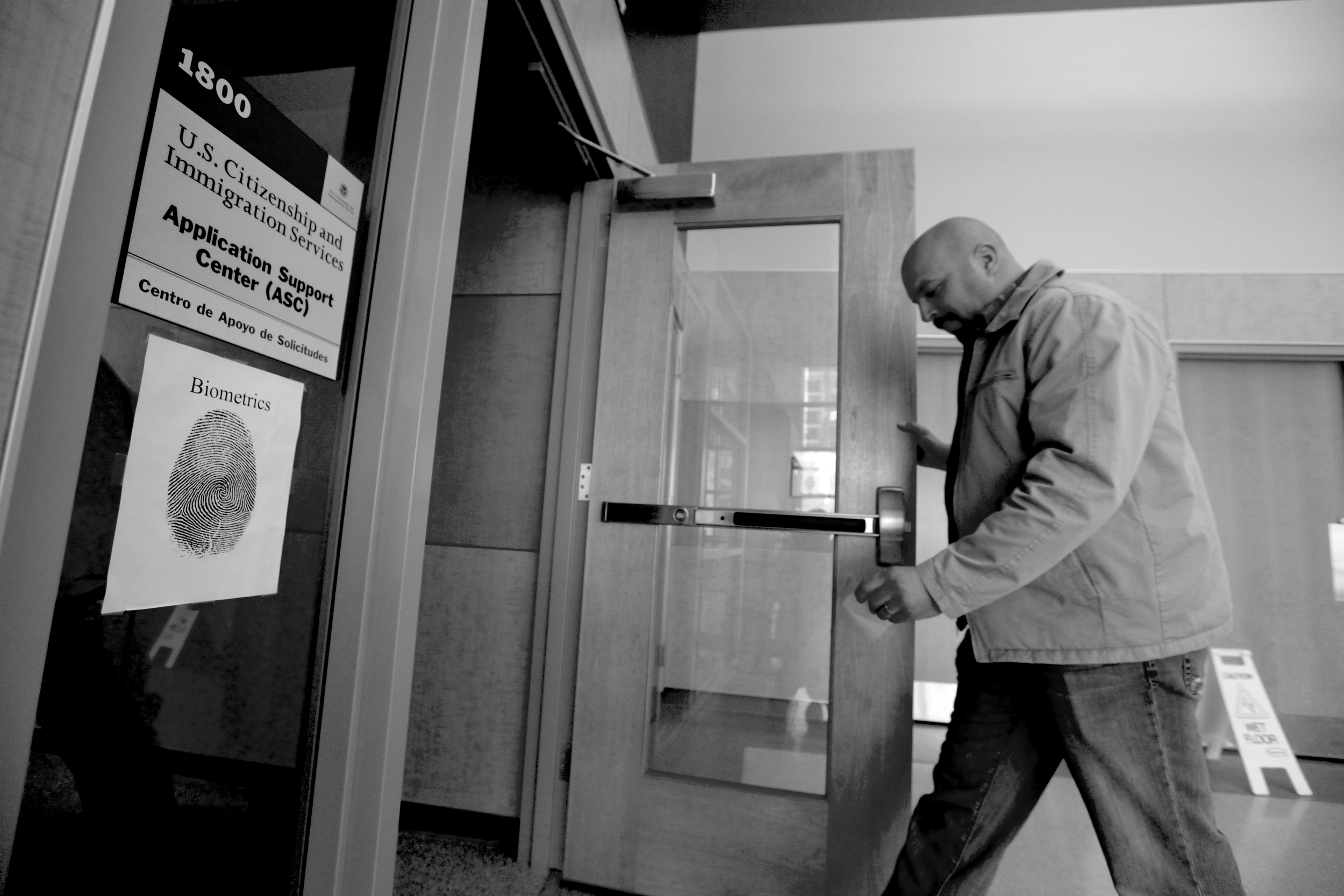
On his birthday, Jose must complete an interview with an immigration officer. Aside from the proper paperwork, Jose must take a verbal test, which consists of 100 questions pertaining to the country's history, its government, the Constitution, and current events. Of those 100 questions, he will be asked ten, and must correctly answer six to pass. In a recent poll, only 62 percent of American citizens were able to correctly answer enough questions to pass.
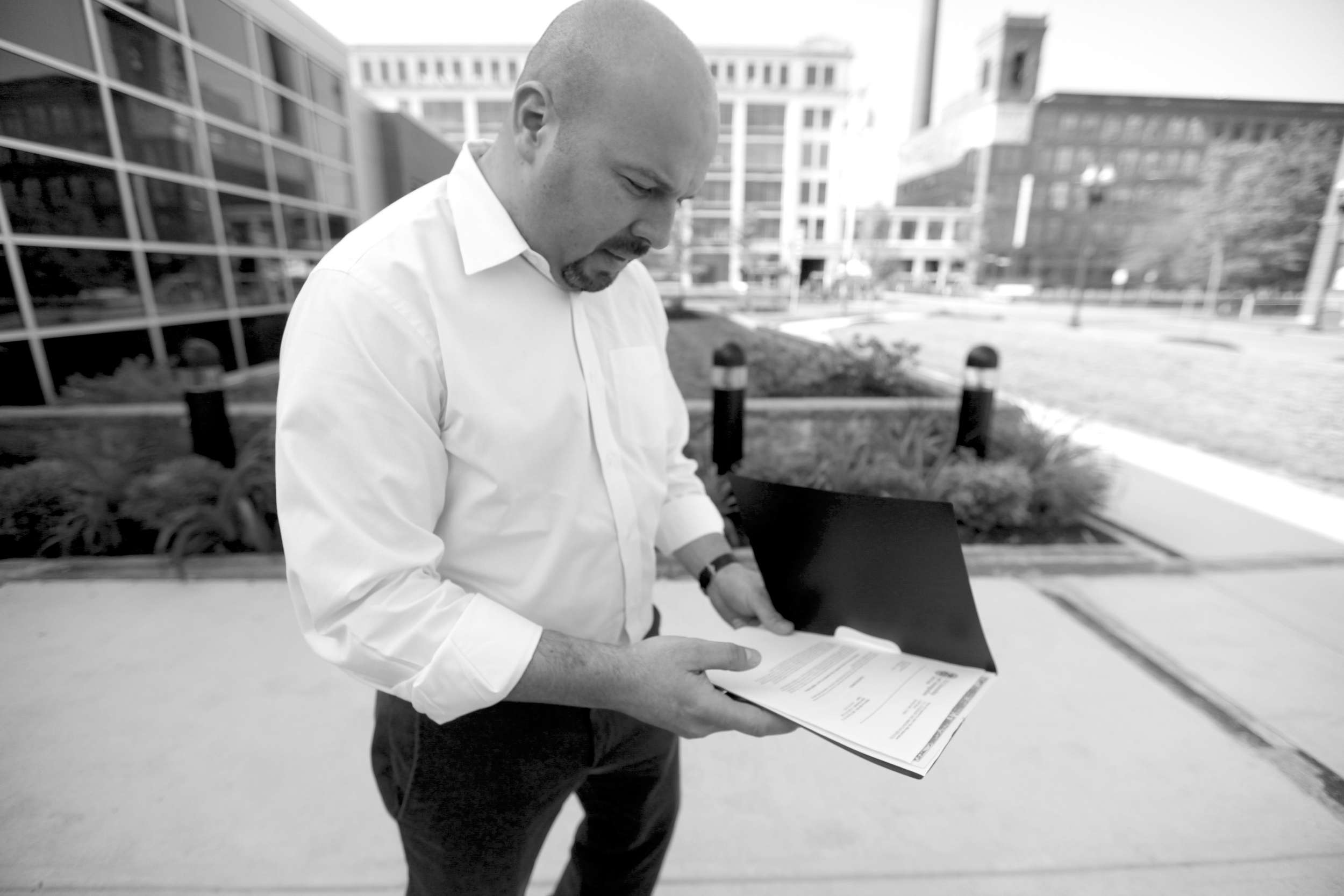
"He asked me all the question and questions about my application. He said" OK-it's fine." After that, that's it…"
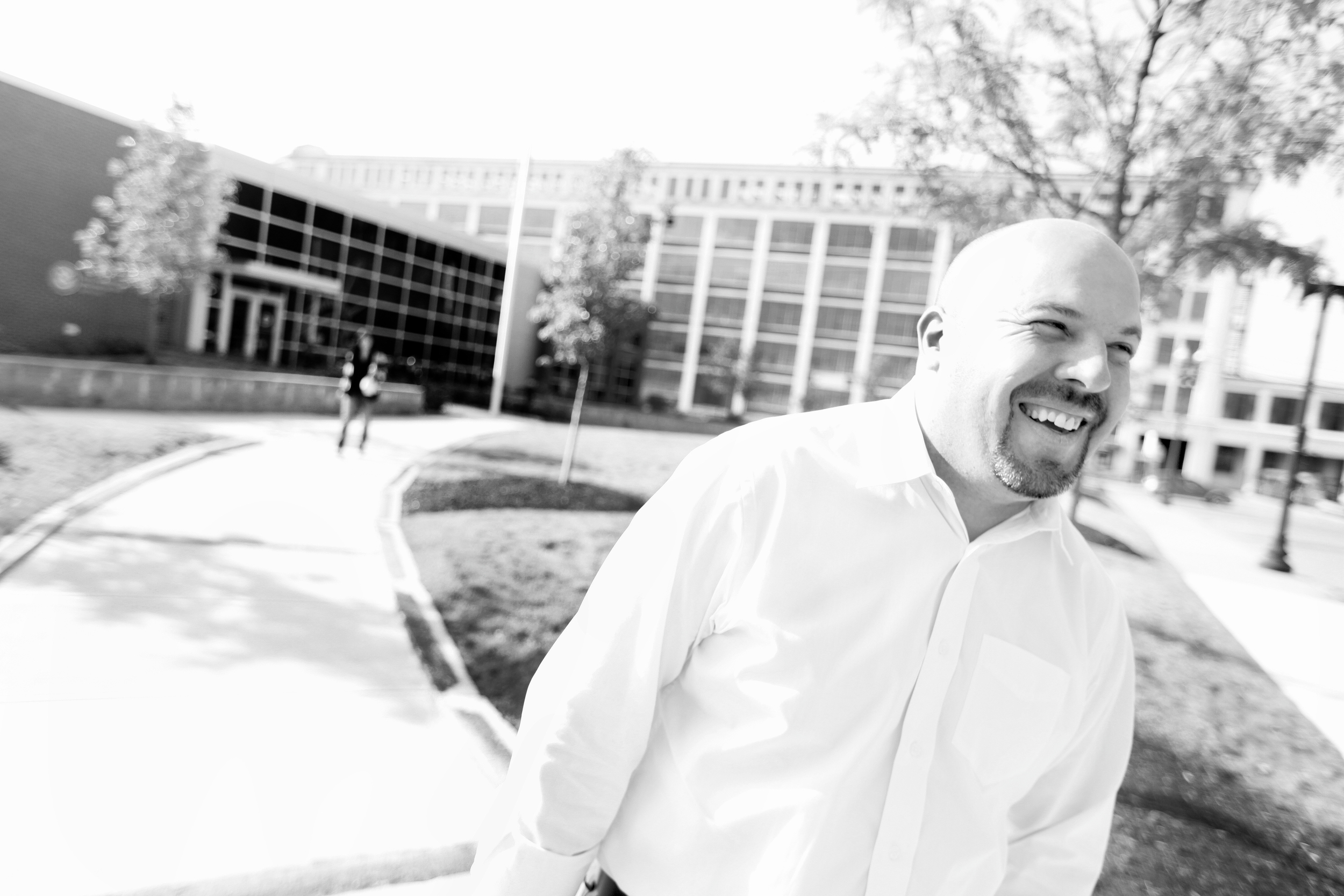
"Oh, now it's something different. That's it, one less problem, you know? It's something that not everybody has the opportunity to do. It's important, and now I feel a lot of relief."
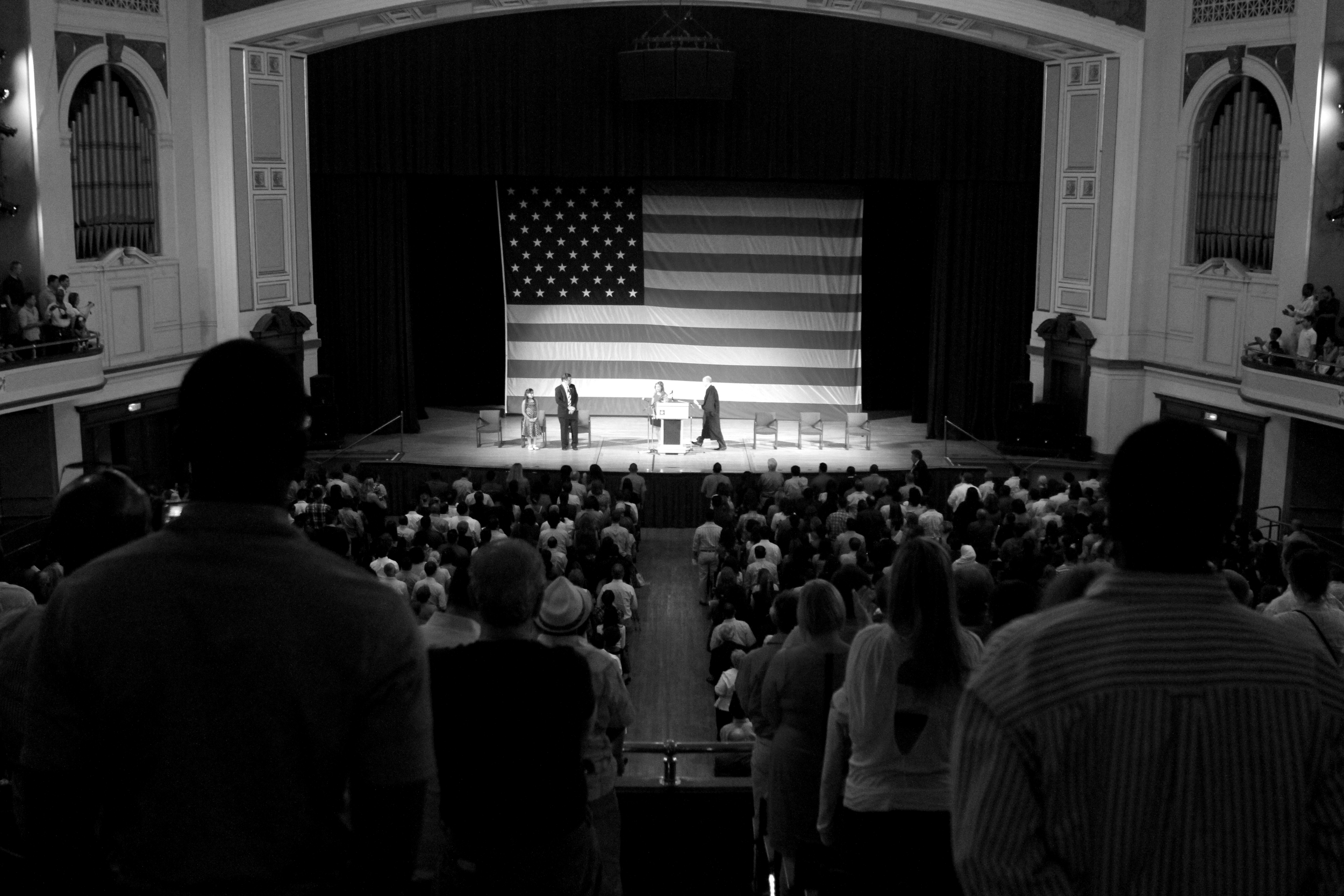
Jose joins dozens of others who have completed the process of naturalization and will take the oath. "As citizens of the US you have three things- power, privilege and responsibility."

Ten years after leaving his home in Argentina, Jose is now an American citizen. He continues to work in central Massachusetts, pursing a career in the culinary arts.
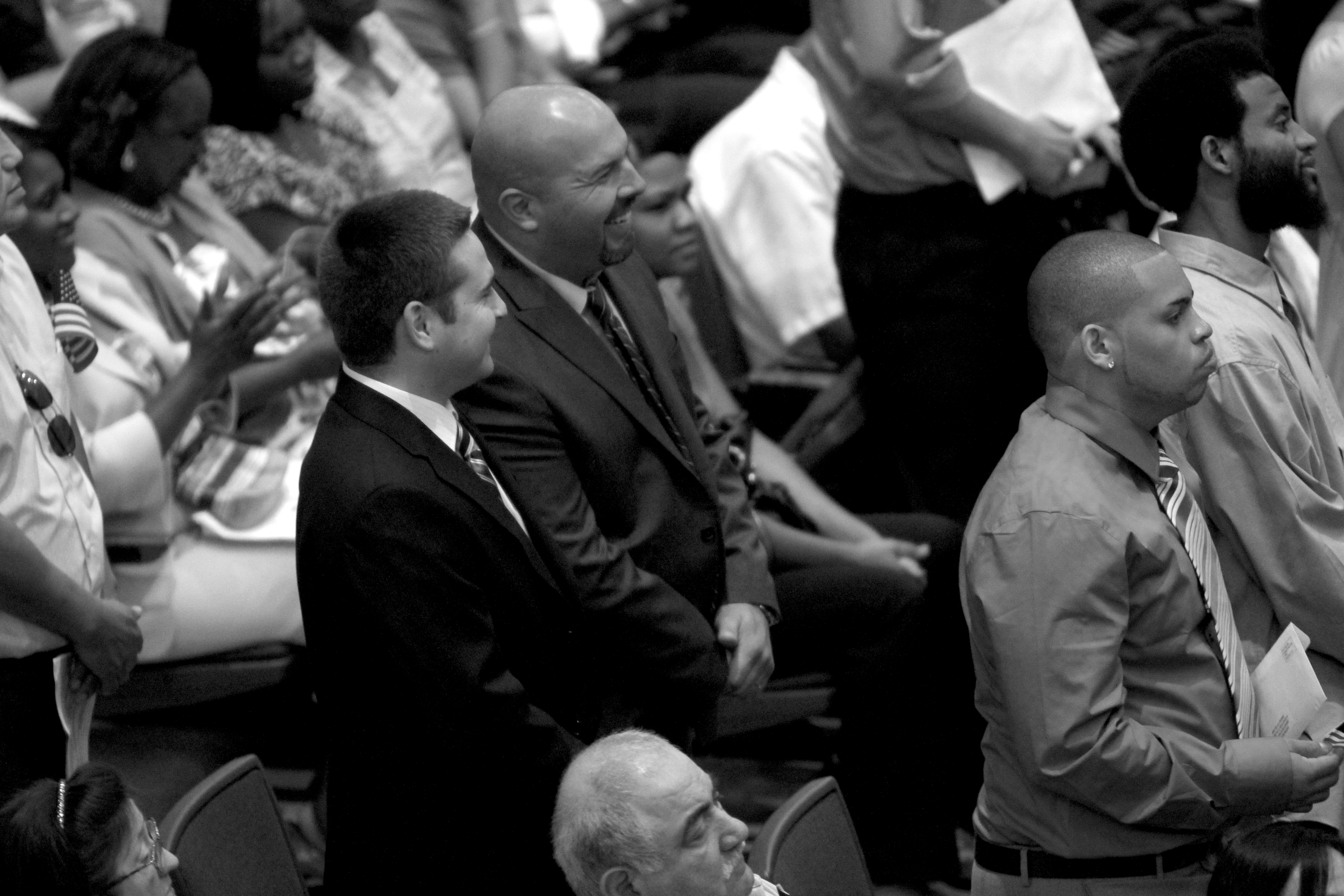
"As citizens of the US you have three things- power, privilege and responsibility. When you get your papers it's totally different. You feel free again."




















Jose Rodriguez came to the United States ten years ago. Leaving his family, his friends, and his home in Argentina, Jose sold everything he owned for two thousand dollars and came to Miami on a travel visa.
Shortly thereafter, he moved to central Massachusetts to pursue a career as a chef, and live with his brother. He now lives with his brother and his family, hoping one day to open his own restaurant.
In hopes go gaining more opportunities and a better life for himself, Jose recently chose to become an American citizen through a process known as naturalization.
"When you left your country, you lost your family, you lost your friends, your customs…If you come into a different country and start another life-for me it's very important to go to the top."
Working with an instructor, Jose reviews information that will be covered on the test, as well as improving his writing and grammar skills. Meeting frequently for several months, the class is designed to assist individuals looking to become a citizen.
In addition, Jose enrolls in an English class at a local community college to help develop his reading, writing, and speaking skills.
"I am excited about all this. It's something new for me. In that way I can represent a lot of people who don't have the same opportunity as me."
"The first thing I liked, is you can live in here secure. You can trust in the police and the government, because in my country that kind of stuff is not working." "I am excited about all this. It's something new for me. In that way I can represent a lot of people who don't have the same opportunity as me."
"After you live in here, you see the difference. The only thing I miss about my country is my family and friends. After that I don't miss anything. When you feel free to do anything, I think that is very important for a person-that you have the freedom of speech.
"After you live in here, you see the difference. The only thing I miss about my country is my family and friends. After that I don't miss anything. When you feel free to do anything, I think that is very important for a person-that you have the freedom of speech.
"At the restaurant where I work, we have empanadas, an item from Argentina. Every time I make that, I remember when my mother taught me how to stuff the dough. Everyday I do that, I remember the moments we had together. I think that's one of the most important items I cook and I do it with a lot memories."
"My boss started hiring people…he hired all Americans, and he hired this guy, he didn't talk to us. One day I asked him "Why?" " Because you are not from here," he said. " You don't speak the language-I don't want to talk to you." "In that moment, I felt l bad because I didn't do anything wrong. I think there are different reasons for why people react. Some people are open minded and they don't care. Some people no. I think every today has to understand that -that everybody was an immigrant. "
On his birthday, Jose must complete an interview with an immigration officer. Aside from the proper paperwork, Jose must take a verbal test, which consists of 100 questions pertaining to the country's history, its government, the Constitution, and current events. Of those 100 questions, he will be asked ten, and must correctly answer six to pass. In a recent poll, only 62 percent of American citizens were able to correctly answer enough questions to pass.
"He asked me all the question and questions about my application. He said" OK-it's fine." After that, that's it…"
"Oh, now it's something different. That's it, one less problem, you know? It's something that not everybody has the opportunity to do. It's important, and now I feel a lot of relief."
Jose joins dozens of others who have completed the process of naturalization and will take the oath. "As citizens of the US you have three things- power, privilege and responsibility."
Ten years after leaving his home in Argentina, Jose is now an American citizen. He continues to work in central Massachusetts, pursing a career in the culinary arts.
"As citizens of the US you have three things- power, privilege and responsibility. When you get your papers it's totally different. You feel free again."